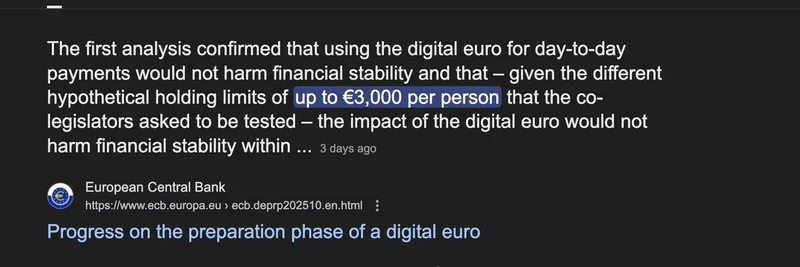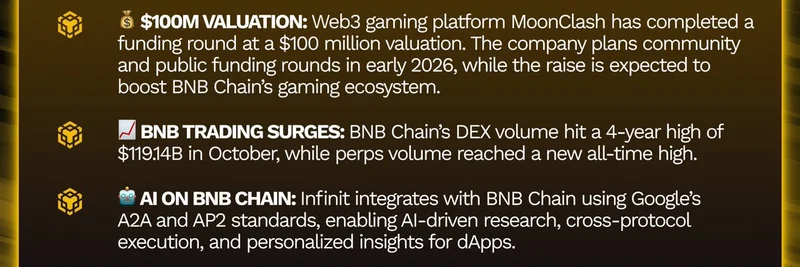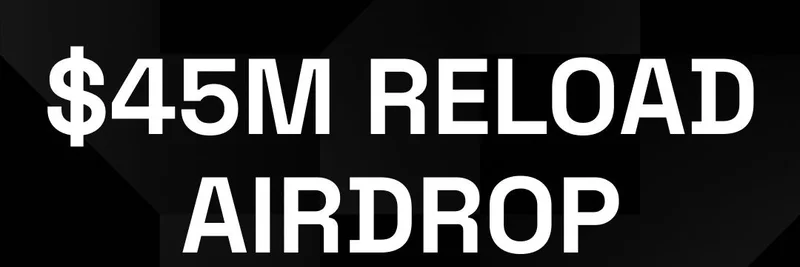The world of central bank digital currencies (CBDCs) just got a fresh dose of drama, thanks to a tweet that's buzzing across the crypto community. Mert, the CEO of Helius Labs and a vocal advocate for blockchain tech, dropped a bombshell critique on the European Central Bank's (ECB) latest moves with the digital euro. Let's unpack what this means for everyday folks, financial freedom, and why it's got people rallying behind cryptocurrencies.
The ECB's Digital Euro Update: What's the Buzz About?
The ECB recently wrapped up its preparation phase for a potential digital euro, a CBDC designed to work like digital cash for daily payments. In their closing progress report, they dove into some technical analyses, including the hot-button issue of holding limits. These are basically caps on how much digital euro you can hold at once—think up to €3,000 per person in the scenarios they tested.
The idea? To balance usability for payments without rocking the boat on financial stability. The report's key takeaway: Using the digital euro for routine transactions won't mess with the banking system's stability. Even in wild "flight-to-safety" scenarios where people might rush to convert deposits, the impacts are manageable, especially with those limits in place. It's all about preventing massive outflows from traditional banks while keeping the digital euro practical.
Mert's Take: A Call to Reject Centralized Control
Enter Mert's tweet, which has racked up thousands of views and sparked heated discussions. He called it "the most insane thing I've seen yet," slamming the ECB for even considering holding limits on "your" money. In his words: "they are going to control every aspect of your life soon... use bitcoin, use zcash, use crypto... reject these clowns."
He's not alone in this sentiment. In a follow-up reply, Mert likened it to parents capping your allowance—but for an entire continent. It's a stark reminder of the privacy and autonomy concerns that CBDCs raise. Unlike decentralized cryptos, where you control your keys and holdings without oversight, a digital euro could come with built-in restrictions, programmable features, and potential surveillance.
Community Reactions: From Alarm to Action
The thread lit up with replies echoing similar worries. One user quipped it's like the EU saying "what if we do the opposite" of crypto's freedom. Another warned that central control often starts with "pilot testing" and escalates to programmable money. There's a clear thread of urgency: regulations like these could push more people toward decentralized alternatives.
For context, Zcash stands out here for its privacy features, using zero-knowledge proofs to shield transactions—perfect for those wary of traceable digital cash. Bitcoin, of course, remains the gold standard for censorship-resistant money. But in the meme token world, this backlash highlights how fun, community-driven projects on chains like Solana (shoutout to Helius Labs) offer accessible ways to dip into DeFi without the red tape.
Why This Matters for Crypto and Meme Tokens
At its core, this debate underscores crypto's core value: sovereignty over your assets. Holding limits might sound benign for stability, but they chip away at personal control, especially in a world where financial privacy is under siege. For blockchain enthusiasts, it's fuel for adoption—whether that's stacking Bitcoin for long-term value, using Zcash for private spends, or jumping into meme tokens for speculative fun and community vibes.
Meme tokens, in particular, thrive in this environment. They're often built on permissionless networks, letting anyone participate without caps or KYC hurdles. As traditional finance tightens the reins, the appeal of decentralized, humorous alternatives grows. Think of it as the rebellious underdog to the ECB's structured system.
If you're new to this, start simple: Explore wallets that support privacy coins or dive into Solana's ecosystem for low-fee meme plays. The message from Mert's thread is clear—crypto isn't just an investment; it's a stance against overreach.
Stay tuned as the digital euro evolves. Will it boost CBDC adoption, or accelerate the shift to true decentralization? One thing's for sure: conversations like this keep the crypto fire burning.



